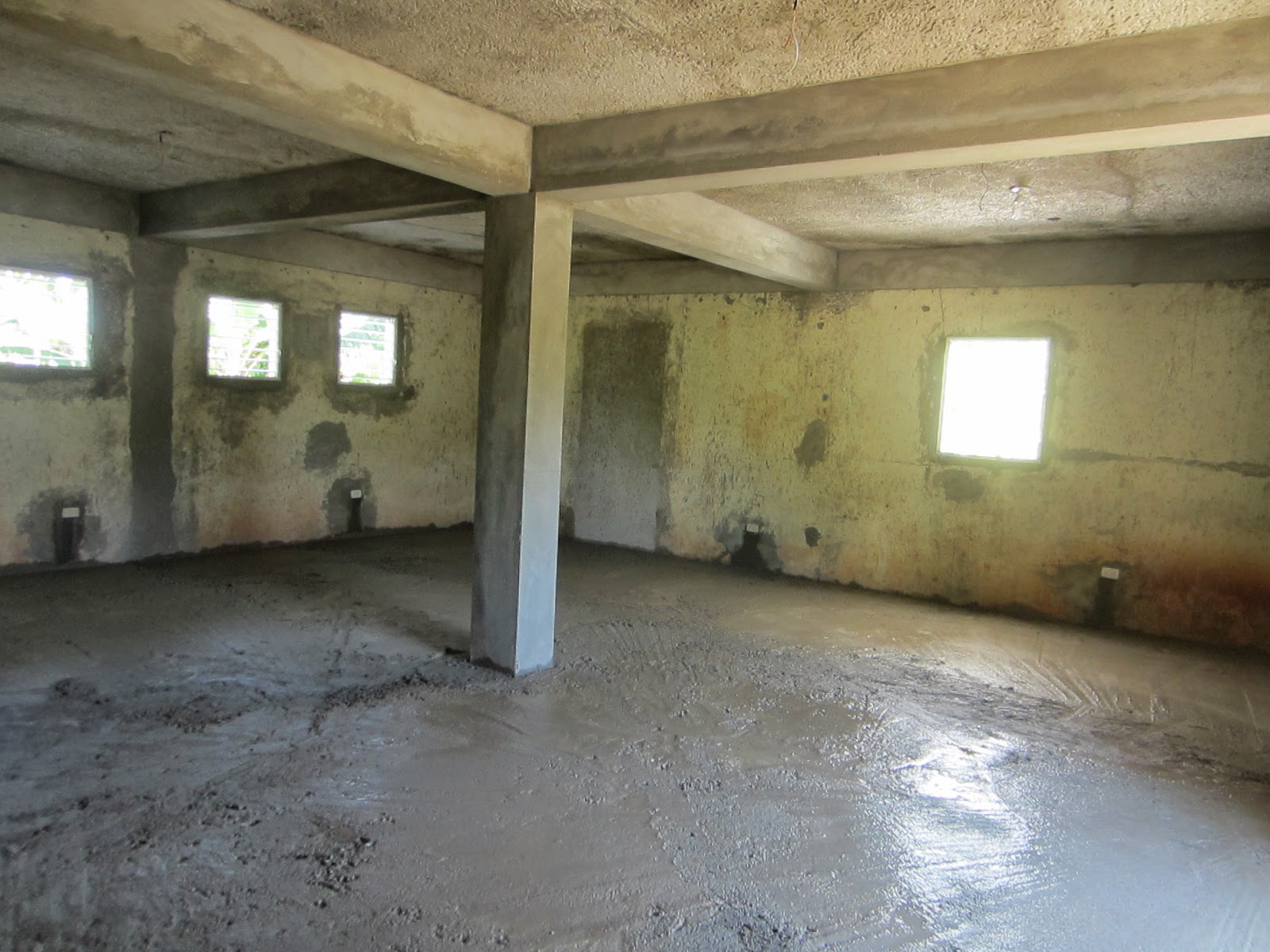 |
| Practicing yoga with my neighbors |
The rest of Thanksgiving was a blast, there are only a few opportunities a year for us volunteers to get together in big groups. Most of the time it is too difficult for everyone to get together due to our work and the distances between our communities. One of my friends, Conner, who I talk to on the phone weekly, I had not seen in eight months. Unsurprisingly I stayed up late talking with friends until 5am. But by 12pm I was back on a bus to my community so that I could make it on time to the next celebration.
 |
| My host sister (left) and another student singing |
The following day 19 students between the ages of 5 and 17 graduated from the Peace Corps Me Toca a Mi course. As I have previously mentioned, the course uses a novela (soap opera) with Dominican actors to talk about a variety of issues that affect the youth in the D.R. including: HIV/AIDs, drinking, education, family relationships, homosexuality, discrimination etc. After each episode of the novela we played games and held discussions that addressed the episodes themes. Sometimes conversations were heated, but some minds were changed and perspectives widened.
 |
| The 19 Me Toca a Mi Graduates |
Patronales celebrations, a week long event celebrating the patron saint of a community, began the same day as the Me Toca a Mi graduation. In the D.R. most patronales have turned into a week of night concerts. I was too tired to go into town for the headliner event, El Alpha, previously highlighted in my music post. But I did make it to the church service honoring Samaná's patron saint, Saint Barbara. My host mom and I arrived at church at 7:30am in order to ensure we got good seats. We thought the service would start at 8am but in typical Dominican fashion it started at 9:30am. While we waited in the pews I fell asleep. I have no regrets. I needed that nap to get through the rest of the service which included: first communion, confirmation, a speech from the bishop about abortion (a topic heating up in the D.R.), a speech from the priest about how the patronales partying has gotten out of hand (it kinda has), communion, and a processional around town with a statue of Saint Barbara.
Finally, on Saturday, the day my entire community has been waiting 3 years to arrive, we inaugurated the Ernestina Hidalgo Community Library. The event was so big that it has its own post.
All the celebrations over the past few weeks have left me in high spirits. I feel so lucky and blessed to be living the life I have now, which is a big change from this time last year. Last december I was counting down the days until my family's arrival and couldn't wait to get out of my community. Now I feel like I don't have enough time before I leave for a vacation in the States. So to all my volunteer friends sick with the holiday blues and/or the one-year slump, remember you will get through it! And to everyone back home, I am super looking forward to seeing you all, but I know this time there will be people in the D.R. I will miss while I am gone.



